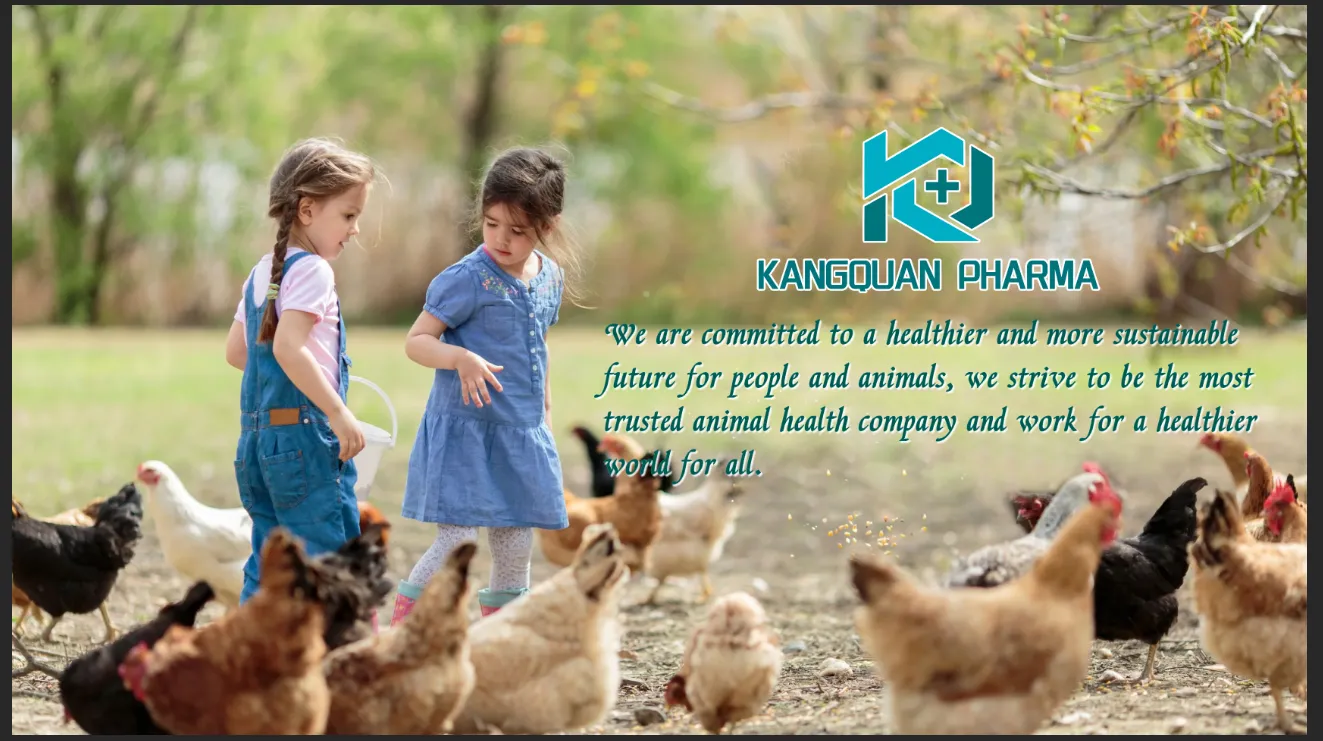- Afrikaans
- Albanian
- Amharic
- Arabic
- Armenian
- Azerbaijani
- Basque
- Belarusian
- Bengali
- Bosnian
- Bulgarian
- Catalan
- Cebuano
- Corsican
- Croatian
- Czech
- Danish
- Dutch
- English
- Esperanto
- Estonian
- Finnish
- French
- Frisian
- Galician
- Georgian
- German
- Greek
- Gujarati
- Haitian Creole
- hausa
- hawaiian
- Hebrew
- Hindi
- Miao
- Hungarian
- Icelandic
- igbo
- Indonesian
- irish
- Italian
- Japanese
- Javanese
- Kannada
- kazakh
- Khmer
- Rwandese
- Korean
- Kurdish
- Kyrgyz
- Lao
- Latin
- Latvian
- Lithuanian
- Luxembourgish
- Macedonian
- Malgashi
- Malay
- Malayalam
- Maltese
- Maori
- Marathi
- Mongolian
- Myanmar
- Nepali
- Norwegian
- Norwegian
- Occitan
- Pashto
- Persian
- Polish
- Portuguese
- Punjabi
- Romanian
- Russian
- Samoan
- Scottish Gaelic
- Serbian
- Sesotho
- Shona
- Sindhi
- Sinhala
- Slovak
- Slovenian
- Somali
- Spanish
- Sundanese
- Swahili
- Swedish
- Tagalog
- Tajik
- Tamil
- Tatar
- Telugu
- Thai
- Turkish
- Turkmen
- Ukrainian
- Urdu
- Uighur
- Uzbek
- Vietnamese
- Welsh
- Bantu
- Yiddish
- Yoruba
- Zulu
dec . 11, 2024 22:30 Back to list
Using Albendazole for Effective Goat Parasite Control and Health Improvement
Albendazole for Goats A Comprehensive Overview
Albendazole is a broad-spectrum anthelmintic (deworming agent) that is widely used in veterinary medicine, particularly for livestock such as goats. As an effective treatment for various parasitic infections, albendazole has become essential in maintaining the health and productivity of goat herds. This article explores the use of albendazole for goats, its benefits, dosage, safety, and considerations for the livestock owner.
Understanding Albendazole
Albendazole is a benzimidazole derivative that works by inhibiting the metabolism of parasitic worms, effectively starving them and leading to their expulsion from the host's body. It is typically effective against a wide range of gastrointestinal parasites, including roundworms, tapeworms, and flukes. The drug is particularly useful for goats, which are prone to various parasitic infections due to their grazing habits.
Benefits of Using Albendazole
1. Broad-Spectrum Efficacy Albendazole is effective against multiple types of parasites. This broad-spectrum action makes it a valuable tool for goat farmers who face diverse parasitic threats.
2. Economic Consideration The cost-effectiveness of albendazole is notable compared to other treatments. It allows farmers to manage their flock health without incurring excessive veterinary costs.
3. Regimen Flexibility It can be administered in various forms, including oral tablets, suspensions, or injectables, making it adaptable to varying farm management practices.
4. Reduced Re-infestation Risk Regular deworming schedules with albendazole can help maintain lower parasite loads in goats, thereby reducing re-infestation risks and improving overall herd health.
Dosage and Administration
Correct dosage is crucial for the effective treatment of parasitic infections in goats. Albendazole is typically given at a dosage of 5-10 mg/kg body weight, depending on the severity and type of parasitic infection. It is generally administered orally, and because of its low toxicity, it can usually be used safely in pregnant and lactating animals, though consultation with a veterinarian is always recommended before administering any medications to pregnant goats.
albendazole for goats

Safety and Side Effects
While albendazole is generally safe for goats, there are some safety considerations. Common side effects can include gastrointestinal upset, which may manifest as diarrhea or mild vomiting. Overdosing can lead to more serious health issues, including toxicity. Farmers should always adhere to the recommended dosages and guidelines provided by veterinary professionals.
There is a need for awareness regarding potential animal health aspects, as well as human health implications related to the consumption of goat meat and milk treated with albendazole. It is necessary to observe a withdrawal period after administering the drug before marketing the animals or their products to ensure that any residues are negligible.
Considerations for Farmers
1. Regular Deworming Schedule Goats should be dewormed regularly, ideally every 4 to 6 months, or more frequently in cases of heavy infestations or as advised by a veterinarian.
2. Integrated Parasite Management Albendazole should be part of a broader parasite management strategy, which may include rotational grazing, manure management, and the use of other anthelmintics to prevent resistance development.
3. Monitoring Goat Health Farmers must monitor their goats for signs of parasitic infections, including weight loss, anemia, poor coat condition, and lethargy. Prompt treatment at the first sign can significantly benefit herd health.
4. Collaborate with Professionals Build a relationship with a qualified veterinarian to tailor deworming protocols and maintain the health of the goat herd.
Conclusion
Albendazole serves as a critical component in managing parasite infections in goats, promoting their health and productivity. By understanding its benefits, proper usage, and potential risks, goat farmers can effectively integrate this versatile anthelmintic into their herd management practices. A proactive approach—including regular monitoring and consultation with veterinary experts—will help ensure the well-being of goats and the sustainability of farming operations.
-
Guide to Oxytetracycline Injection
NewsMar.27,2025
-
Guide to Colistin Sulphate
NewsMar.27,2025
-
Gentamicin Sulfate: Uses, Price, And Key Information
NewsMar.27,2025
-
Enrofloxacin Injection: Uses, Price, And Supplier Information
NewsMar.27,2025
-
Dexamethasone Sodium Phosphate Injection: Uses, Price, And Key Information
NewsMar.27,2025
-
Albendazole Tablet: Uses, Dosage, Cost, And Key Information
NewsMar.27,2025













